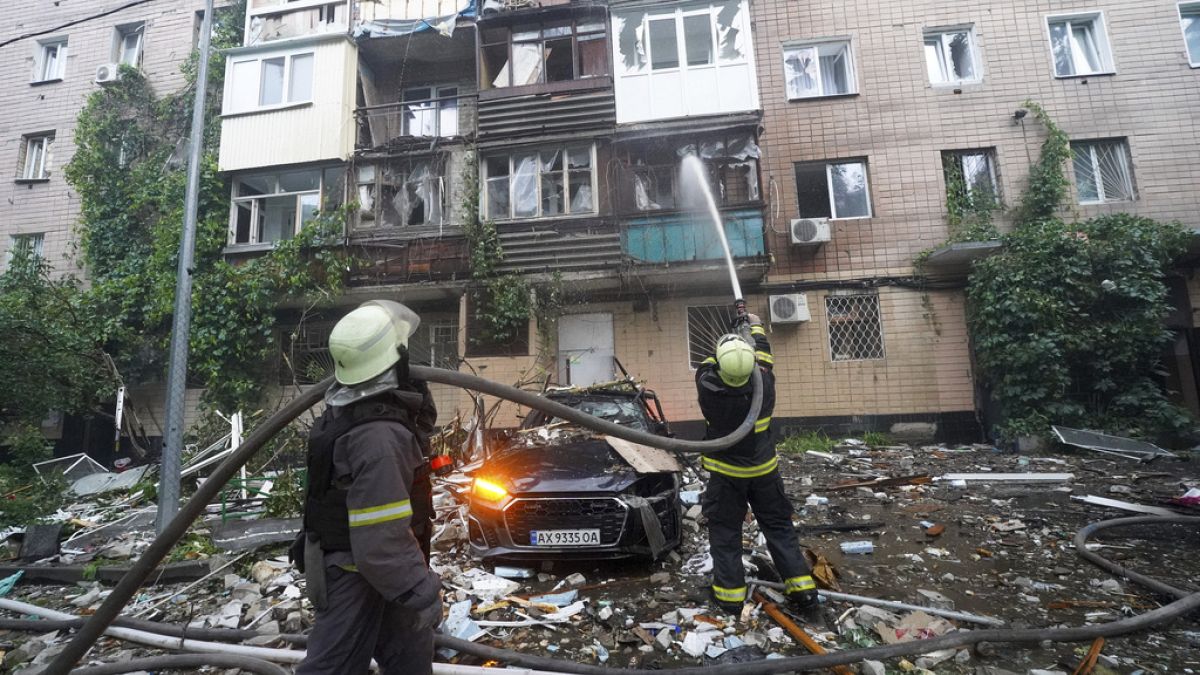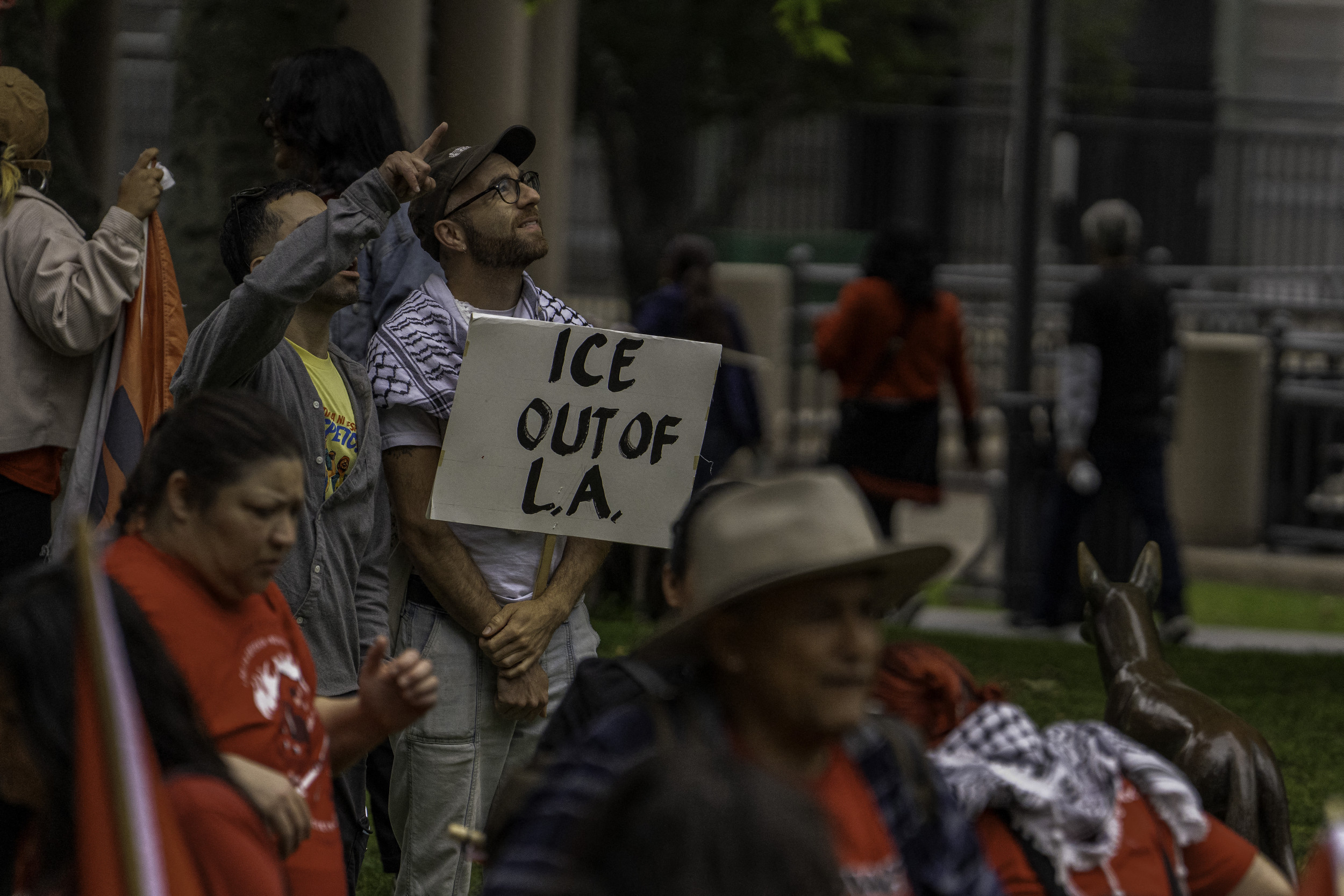US companies with risky credit ratings are rushing to sell junk bonds ahead of an expected resurgence of trade tensions in July that could depress demand for corporate debt.
Companies with weaker credit ratings tapped the high-yield bond market for $32bn in May, the most since October, according to data from JPMorgan. Junk bond sales in the first week of June already have surpassed April’s $8.6bn total.
Bankers and investors say they expect a steady flow of new debt sales during the rest of the month and into July while demand remains high and market uncertainty stays relatively low.
But the expiration of the 90-day pause on Donald Trump’s so-called “liberation day” tariffs early next month could set up another surge in uncertainty, echoing the early April ructions that ground the market for new levered debt deals to a halt.
“You get into these patterns where the market gets into a lull and gets ahead of itself. It feels good now, but it’s setting up for some volatility in July,” said David Forgash, a portfolio manager at Pimco.
The extra costs paid by risky corporate borrowers to lenders compared to US government debt, known as spreads, jumped from 3.5 percentage points on April 1 to 4.61 percentage points on April 7, according to Ice BofA data.
That was the highest level for corporate borrowing costs since May 2023, as investors demanded a higher premium for the added risk they saw following Trump’s April 2 tariff announcement.
As progress appeared to be made in trade negotiations between the US and China, spreads retreated back to the levels experienced in late March. Still, they have not come back to the historically low marks seen in late 2024 and early 2025, when junk bond spreads fell below 3 percentage points.
One leveraged finance banker noted that debt markets have been able to look past not only Trump’s new tariffs, but the protracted conflicts in Israel and Palestine and between Russia and Ukraine when deciding whether and how much to invest.
But higher than expected tariffs or a new geopolitical conflict involving a world power “could throw a spanner in the works”, the banker said.
“I don’t think we’re going to go back to April where the market is grinding to a halt, but it’s certainly going to cause spreads to be wider,” the banker said.
There is also strong demand for highly rated corporate credit. Bank of America strategists say they expect investment-grade bond sales to be between $110bn and $120bn in June, which would be the most for the calendar month since 2021.
Kyle Stegemeyer, head of investment grade debt capital markets and syndicate at US Bancorp, said he expected companies to continue to take advantage of lulls in volatility before potential surges due to tariffs and tax bill negotiations.
“I think most issuers are coming to the conclusion that if there’s an open window and the backdrop’s attractive, why wait it out until closer to maturity?”































